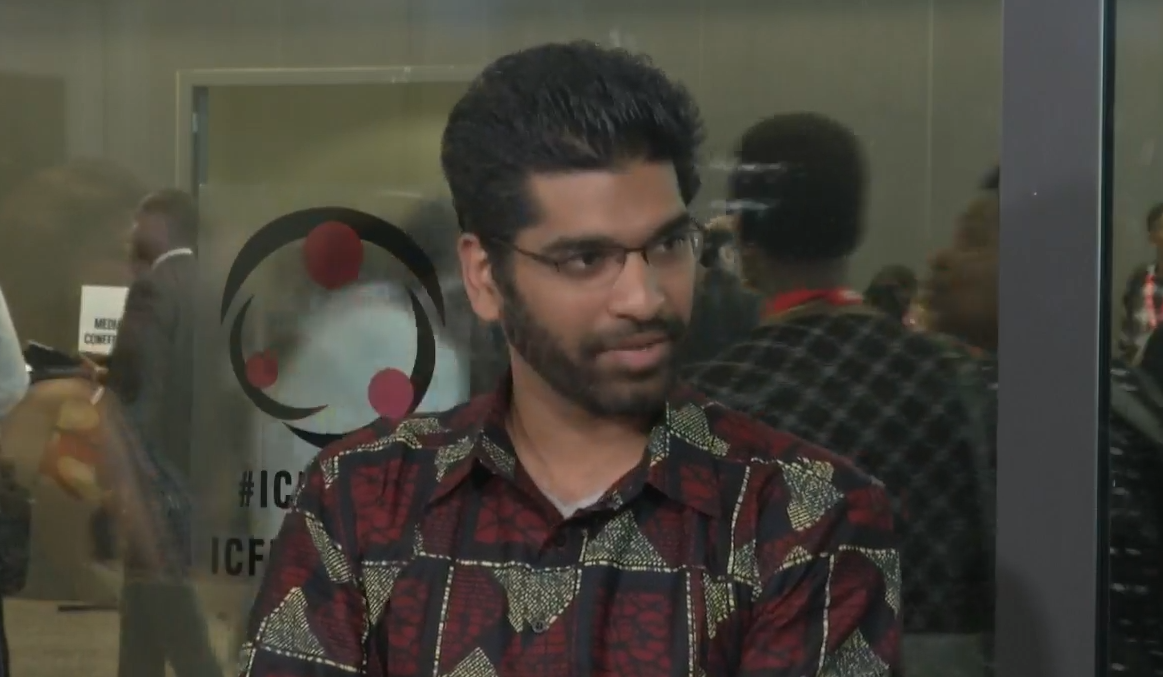Karra Publishes Working Paper on Unmet Contraceptive Needs

Mahesh Karra, Assistant Professor of Global Development Policy at the Frederick S. Pardee School of Global Studies at Boston University and Associate Director of the Human Capital Initiative at the Global Development Policy Center (GDP Center), published a working paper that proposes a new methodology for measuring unmet contraceptive need that differs from the methodologies currently utilized by the United States Agency for International Development’s Demographic and Health Surveys (DHS) Program.
In the paper, “Measurement of Unmet Need for Family Planning: A Counterfactual Approach,” Karra proposes using pre-existing demographic data to construct a sample of women who meet certain criteria for full, free and informed choice over their contraceptive use. Within this group, researchers could then measure the rates of contraceptive use in different populations of women against this “ideal” environment.
The DHS currently captures women’s desire to limit or space births by asking women to reflect on whether their last pregnancy was unintended. However, Karra points out that women who wish to limit or space births may not report this desire when the question is posed in a retroactive manner, due to a reluctance to declare a past pregnancy or birth as unwanted. Under Karra’s methodology, measures of unmet need among different populations of women are on average five to six percentage points higher than the standard measures of unmet need that are currently used by the DHS.
The full working paper can be read on the GDP Center’s website.
Mahesh Karra’s academic and research interests are broadly in development economics, health economics, quantitative methods, and applied demography. His research utilizes experimental and non-experimental methods to investigate the relationships between population, health, and economic development in low- and middle-income countries. Read more about Professor Karra on his faculty profile.